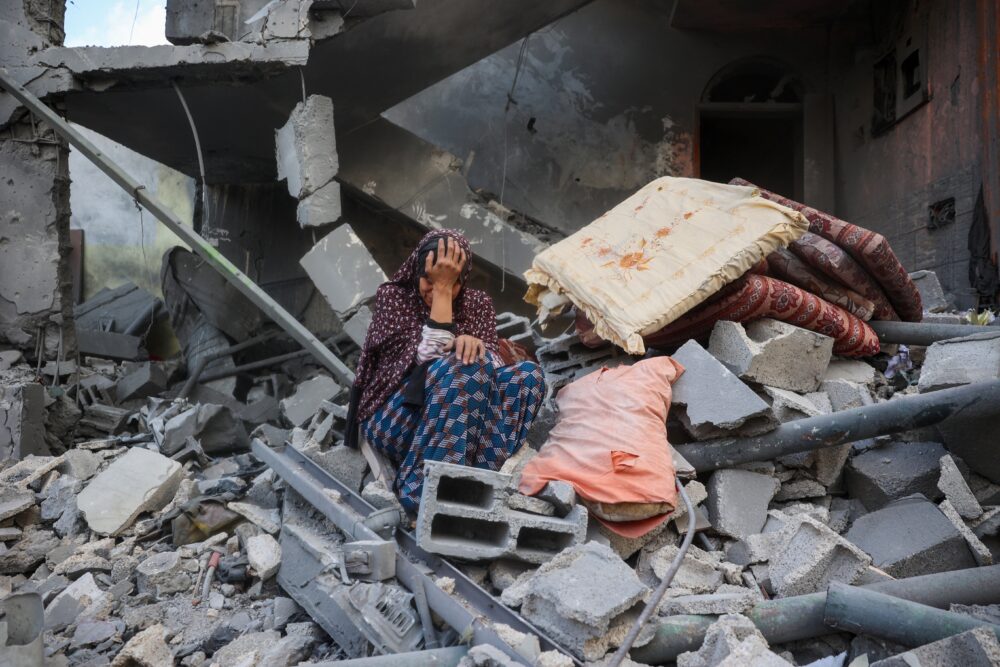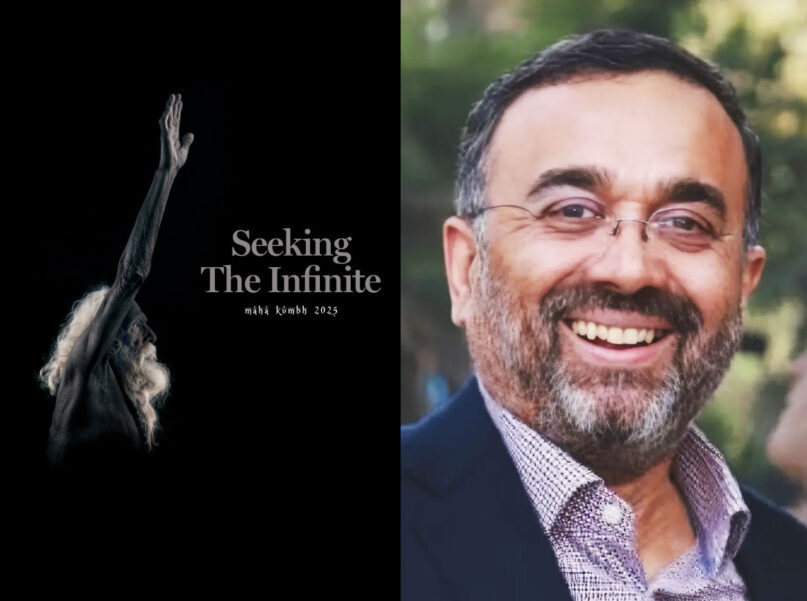In a significant escalation, Israel has launched a series of airstrikes in Gaza, marking the most intense military action since the ceasefire agreement was established over a week ago. The Israeli Defense Forces (IDF) reported that the strikes were in response to an anti-tank missile and gunfire directed at its troops operating in the Rafah area of southern Gaza. According to the IDF, these operations were aimed at dismantling terrorist infrastructure in compliance with the ceasefire terms. However, Hamas has denied involvement in the incident, stating it had lost contact with its groups in Rafah months ago.
The renewed violence has resulted in at least nine Palestinian casualties, according to reports from Gaza’s Health Ministry. In response to the attacks, Israel has temporarily halted humanitarian aid to Gaza, citing security concerns. The ceasefire agreement, brokered by the United States, had included provisions for increased aid deliveries to alleviate the humanitarian crisis in the region.
The truce, which had brought a temporary respite to the conflict, now faces significant challenges. Both Israel and Hamas have accused each other of violating the terms of the ceasefire, raising doubts about its long-term viability. The international community, including mediators from Egypt and Qatar, is closely monitoring the situation, urging both parties to adhere to the agreement and avoid further escalation.
As the situation develops, the prospects for a lasting peace remain uncertain. The recent flare-up underscores the fragile nature of the ceasefire and the complex dynamics at play in the Israel-Hamas conflict.















